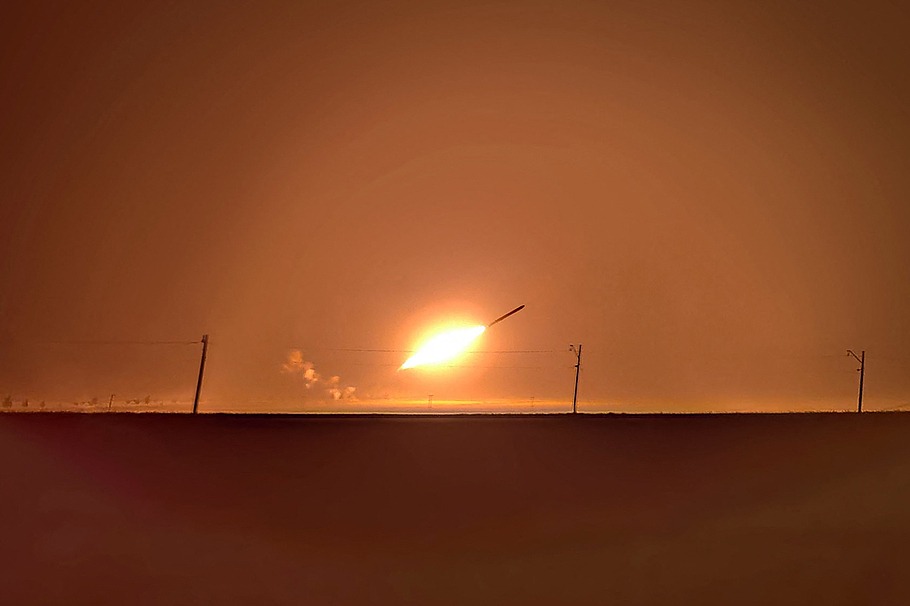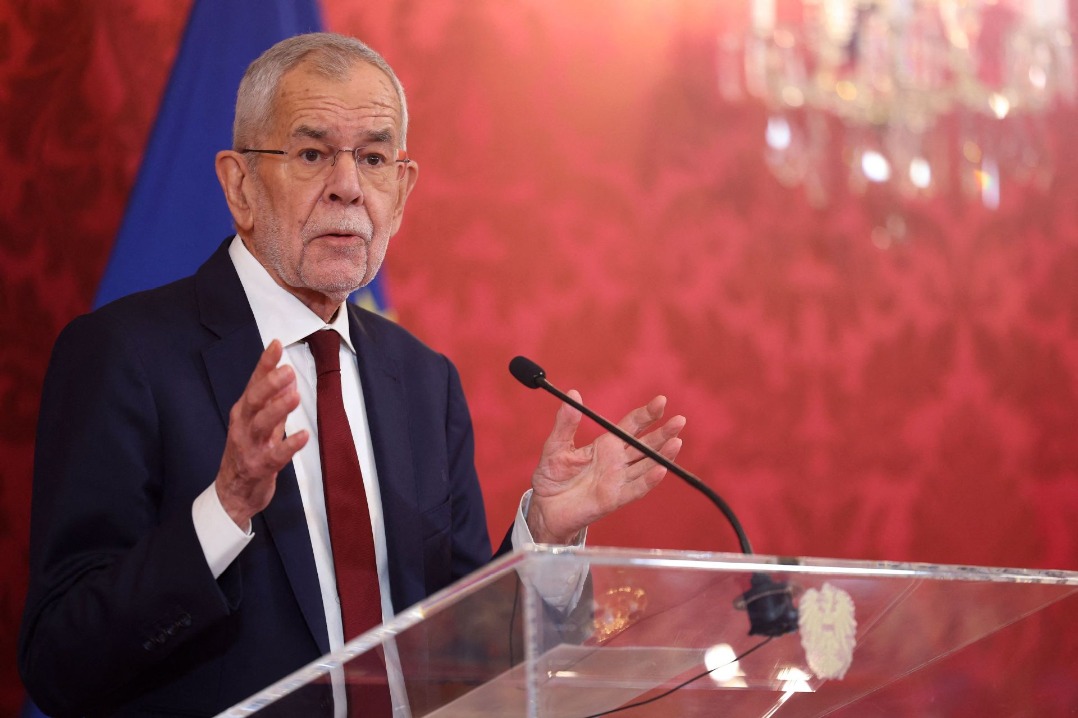May defends Syria airstrike decision amid criticism

British Prime Minister Theresa May has defended on Monday her decision to authorize airstrikes on suspected Syrian chemical weapons plants last week without consulting Parliament first.
On Saturday, Britain joined US and French forces in launching missile attacks on Syria, by targeting sites near Damascus and Homs, where the joint forces claimed the Syrian government is storing materials for more chemical weapons.
Addressing Parliament on Monday, May said “all indications now are that this was a chemical weapons attack” and one which could only have been carried out by President Assad’s regime.
“The opposition does not operate helicopters or use barrel bombs. Daesh does not operate in this area and reports of this attack are consistent with previous (Syrian chemical weapons) attacks.”
Parliament was in recess at the time of the attacks and the decision to go ahead rather than recall it or delay action until it was sitting has been divisive. Prime ministers are not obliged to consult Parliament before ordering military action, but it is the convention that they do.
Opposition leader Jeremy Corbyn has been critical of the move and called for the introduction of a War Powers Act “so governments do get held accountable to Parliament for what they do in our name".
Speaking in Parliament, he continued his attack, saying "it looked awfully to me as though the prime minister was more interested in following Donald Trump's lead than anything else," a suggestion May vehemently rejected.
Defending her decision, May added that the countries involved “agreed that it was not just morally right but legally right to take action to alleviate further humanitarian suffering … this was not about intervening in a civil war, nor about regime change”.
The actions have also been criticized by foreign governments too. China’s Foreign Ministry said on Monday that China has immediately stated its opposition to the use of force in international relations and called for respect for other countries' sovereignty, independence and territorial integrity.
It also cited the example of Iraq war, launched on the presumption of the country having weapons of mass destruction.
“Any unilateral military action bypassing the Security Council is in violation of the purposes and principles of the UN Charter and the principles and basic norms of international law”, said Hua Chunying, the ministry’s spokeswoman.
“We believe that it is very irresponsible to launch military strikes on a sovereign country on the ground of ‘presumption of guilt’. The issue of Syrian chemical weapons calls for truth,” she said, adding that “military means will lead …. to nowhere and political settlement is the only viable way out.”
A statement from the Russian government said chances of finding a solution to the 7-year Syrian conflict had been set back significantly, adding “if such actions committed in violation of the United Nations Charter continue, then it will inevitably lead to chaos in international relations.”
The deputy speaker of Syria's parliament Najdat Anzour has also said that he fears the threat of chemical weapons will be used as a pretext for more airstrikes.































